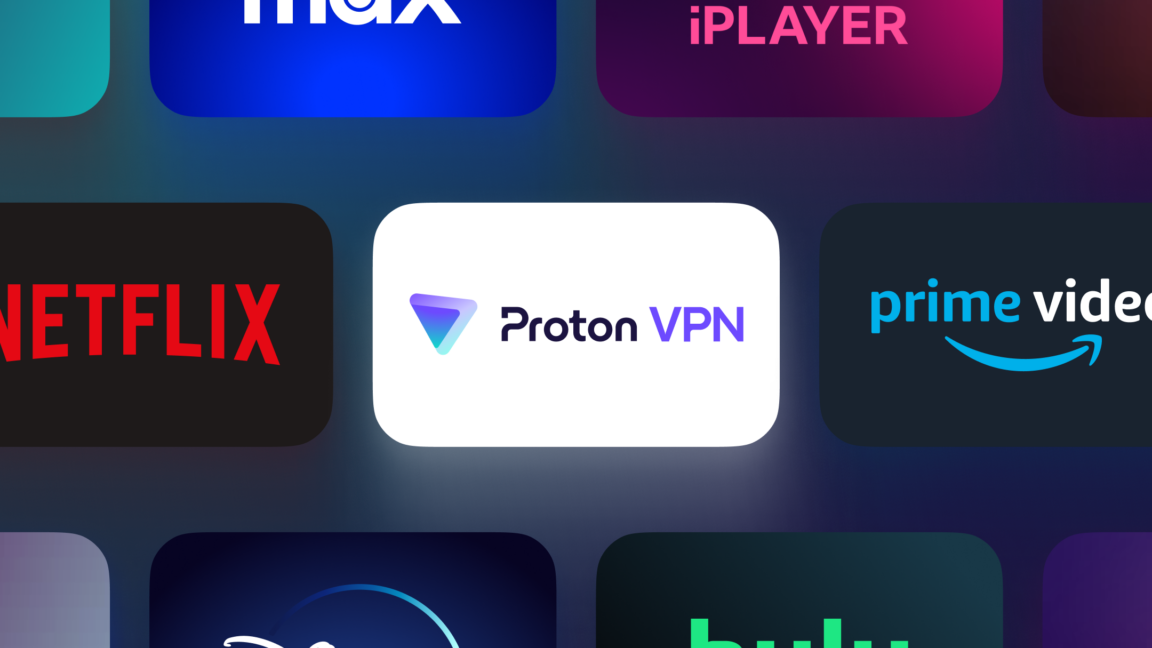
Netflix started blocking VPN and proxy providers as early as 2015, then stepped up its efforts in 2021. VPN providers aiming to keep up geofence-avoiding services to customers would sometimes lease IP addresses generally associated with residential IP subnets. This resulted in Netflix banning larger swaths of IP addresses that VPNs were using as exit proxies.
Amazon’s Prime Video, Parmount+, and other services, including the BBC, have similarly ramped up efforts to block anything resembling tunneled traffic. Proton has, for example, a guide to “unblock Amazon Prime Video with Proton VPN”; Proton also writes on that page that it “does not condone the use of our VPN service to bypass copyright regulations.”
You can search the web and find freshly updated lists of the best VPNs for getting around various services’ geo-filtering blocks, but the fact that so many are dated by the year, or even month, gives you some clue as to how effective any one solution may be.
For the purposes of getting back to the content you’re entitled to view, or maybe keeping your viewing habits private on an Apple TV you’re using outside your home, Proton VPN is likely more useful. As for the other stuff, hey, it might be worth a shot. Using the Apple TV app requires a paid Proton VPN plan.
